If you want to be successful with your online activities in Germany, it is essential to comply with data protection regulations. Especially when using analysis tools like Google Analytics as part of your customer acquisition through platforms like Facebook and Google AdWords, there are numerous regulations you must adhere to. This guide provides you with a clear path on how to set up Google Analytics in compliance with data protection regulations to gain valuable visitor data without violating legal requirements.
Key Insights
- Data protection has the highest priority in Germany when using online tracking tools.
- The correct configuration of Google Analytics is crucial to avoid legal issues.
- Tools like Google Tag Manager simplify the implementation of tracking mechanisms.
Step-by-Step Guide
1. Analyze Visitor Sources
Before setting up Google Analytics, you should recognize its benefits. It is important to determine where your visitor inquiries are coming from. Keep in mind that paying customers may come from various channels (such as social media or email marketing). Understand which sources deliver effective inquiries.

2. Delete Google Analytics Account
If you already have a Google Analytics account, check whether it is compliant with data protection regulations. If you find that it is not, you must delete your current profile. This does not affect the entire account, only the specific profile you have used.
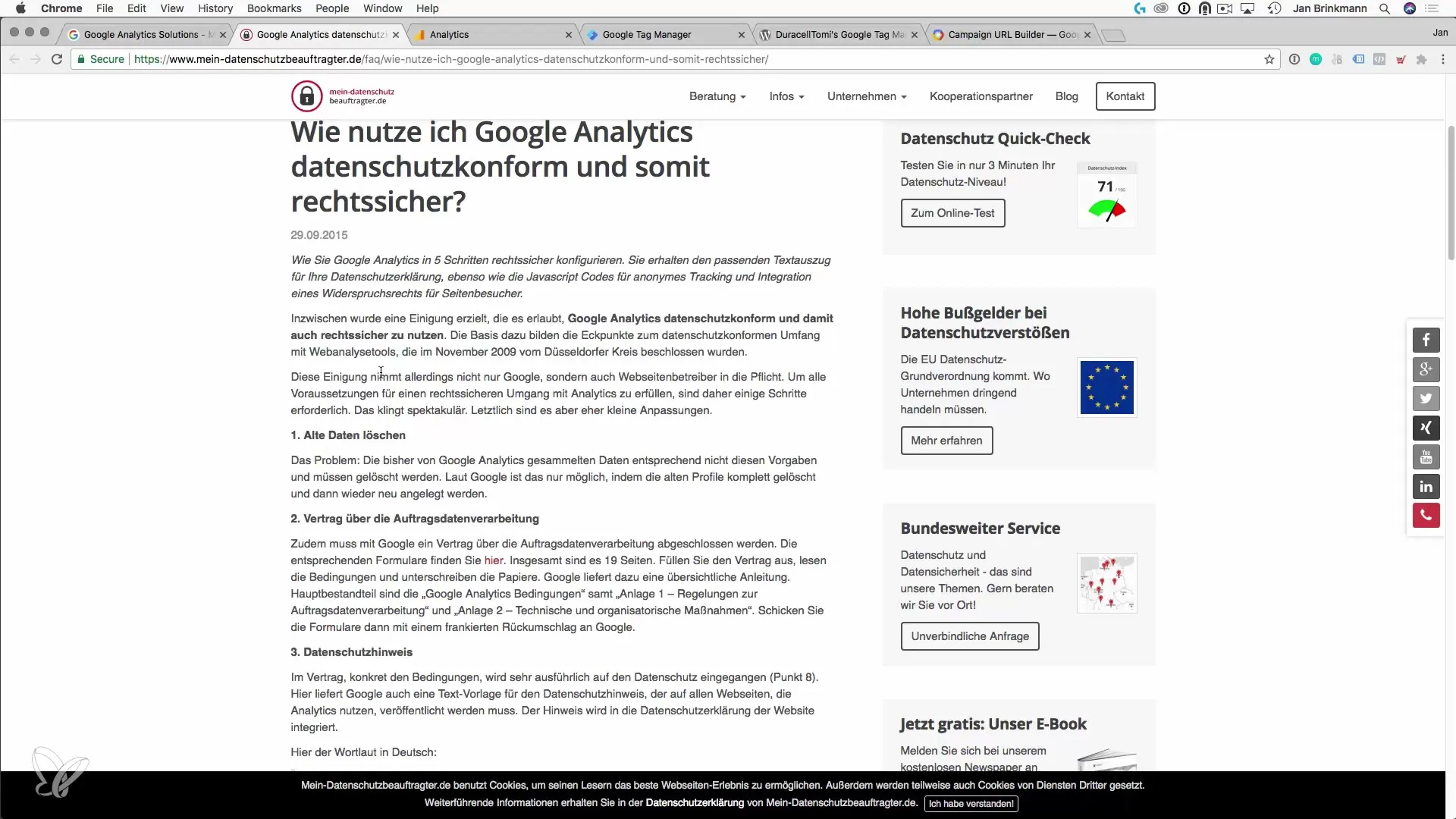
3. Data Processing Agreement
To meet legal requirements, you must enter into a data processing agreement with Google. Although this may seem bureaucratic and cumbersome, it is necessary to ensure that your data is processed correctly.
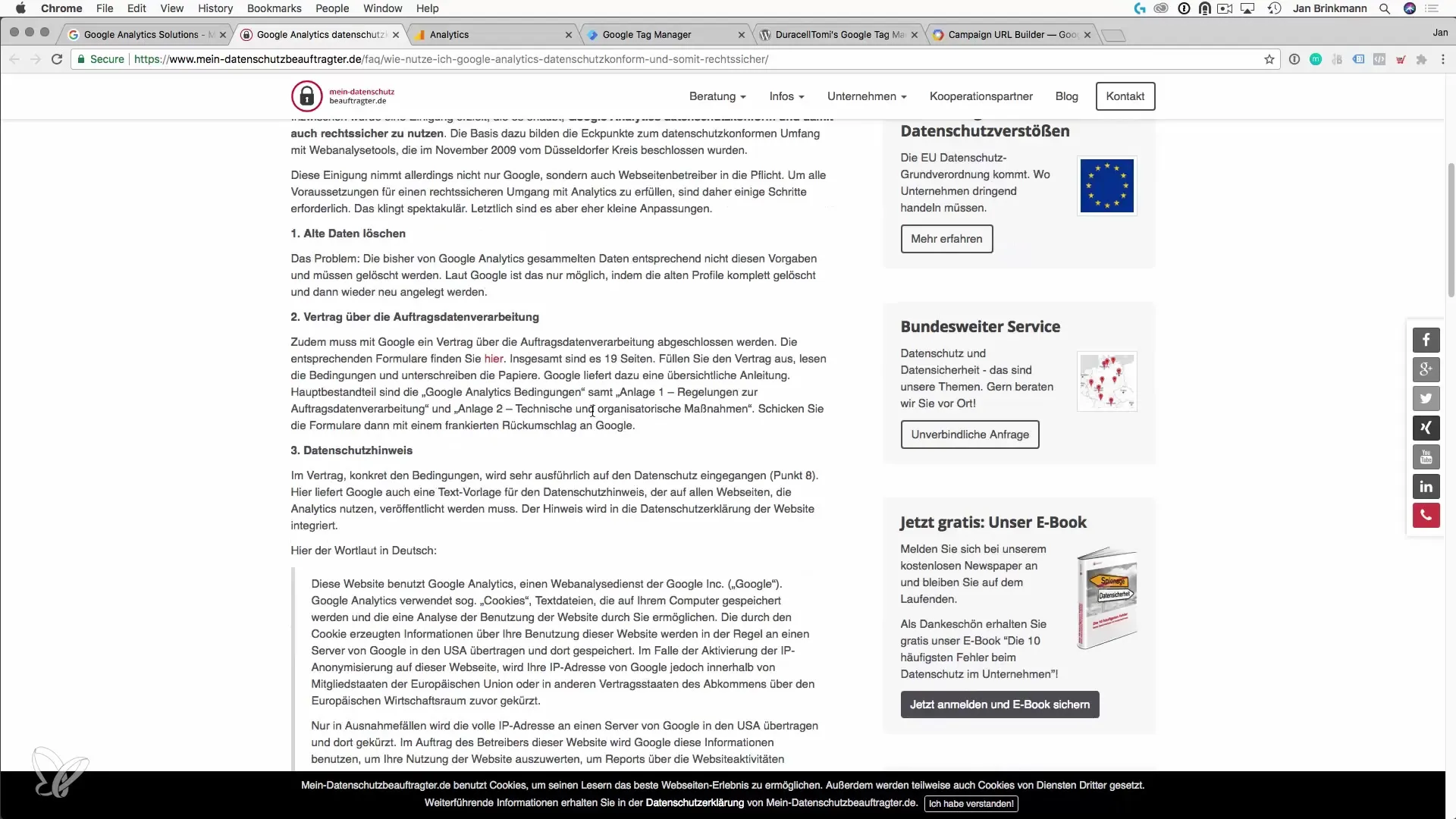
4. Insert Privacy Policy
A privacy notice is also an important aspect. It should be clearly and prominently available on your website. Even though many users may not read the notice in detail, it is critical that it is legally soundly formulated to avoid potential legal consequences.
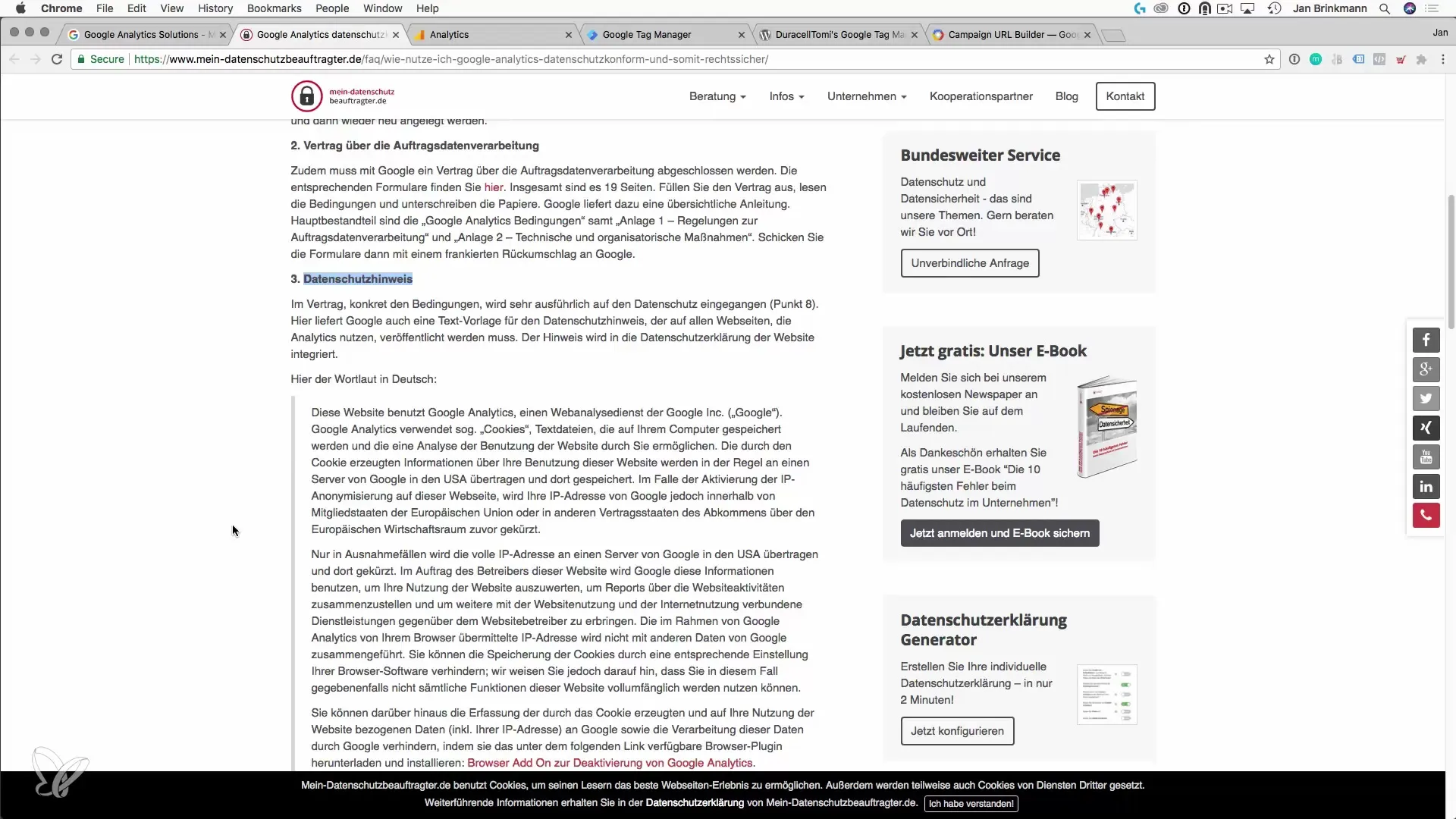
5. IP Address Anonymization
One of the most important requirements for using Google Analytics in Germany is the anonymization of IP addresses. You can easily set this in your Google Analytics configuration, ensuring that the last digits of the IP address are anonymized.
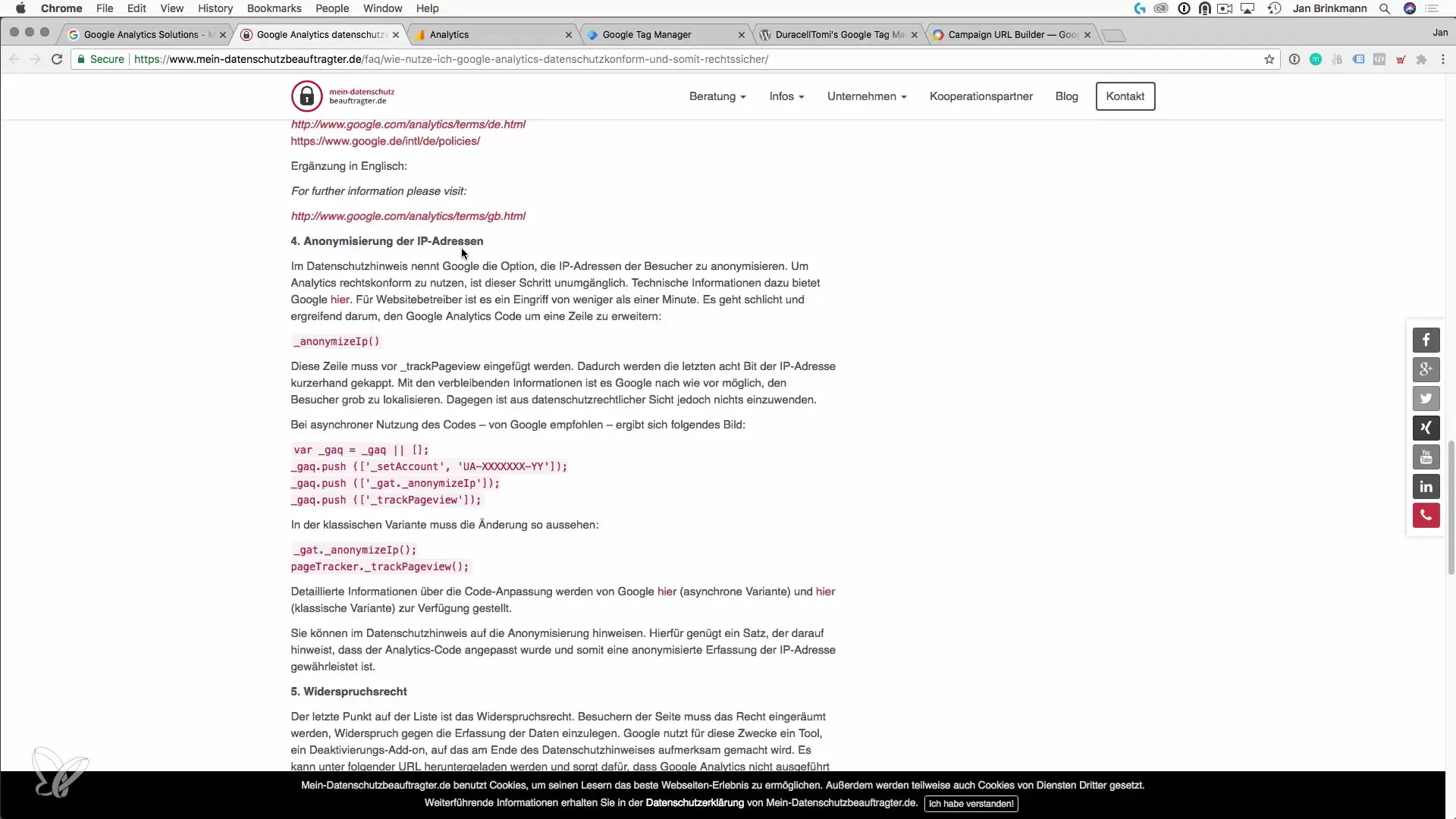
6. Use Google Tag Manager
To facilitate the implementation of various tracking elements like Google Analytics, Facebook Pixel, etc., it is advisable to use Google Tag Manager. This helps you manage all necessary tags in a centralized location.
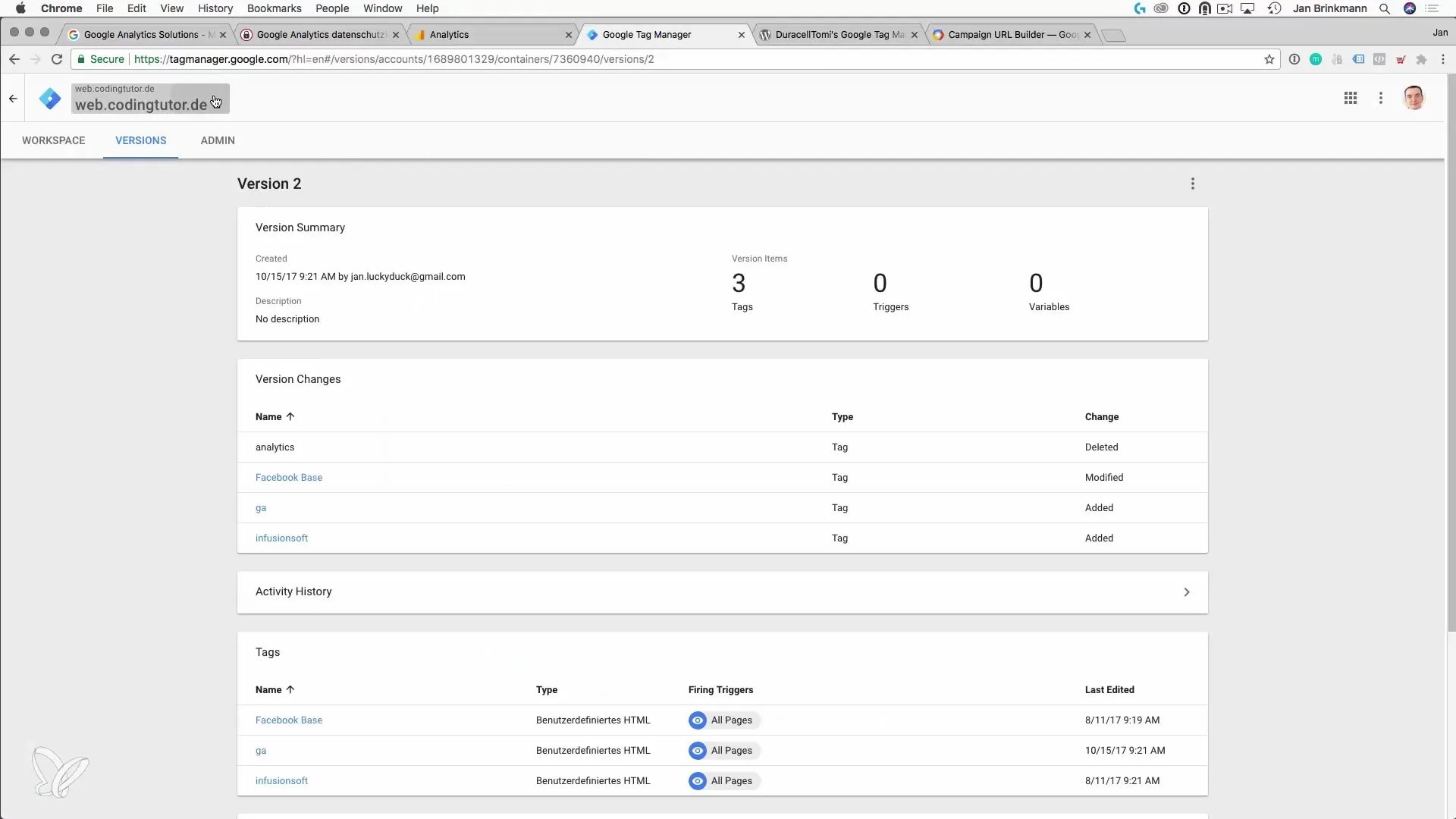
7. Configure Tracking Code
After setting up the Google Tag Manager, add the tracking code for Google Analytics. Don't forget to implement the data processing agreement and the anonymization method that ensures the collected data complies with data protection requirements.
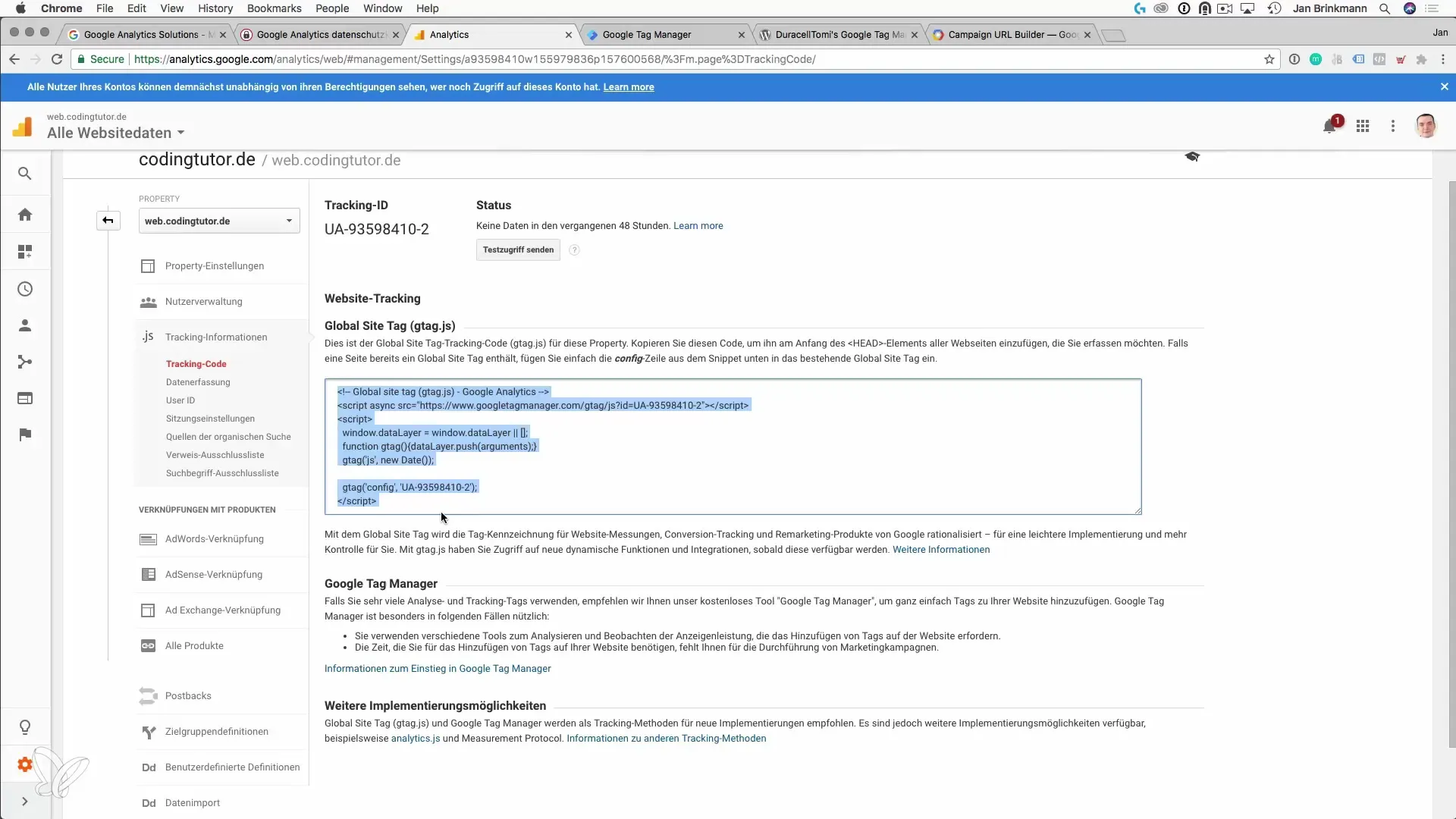
8. Configure Triggers
Configure triggers to specify exactly when data should be collected. Whether on all pages or specifically on selected pages: the flexibility of the Tag Manager allows you to segment and track the desired data accurately.
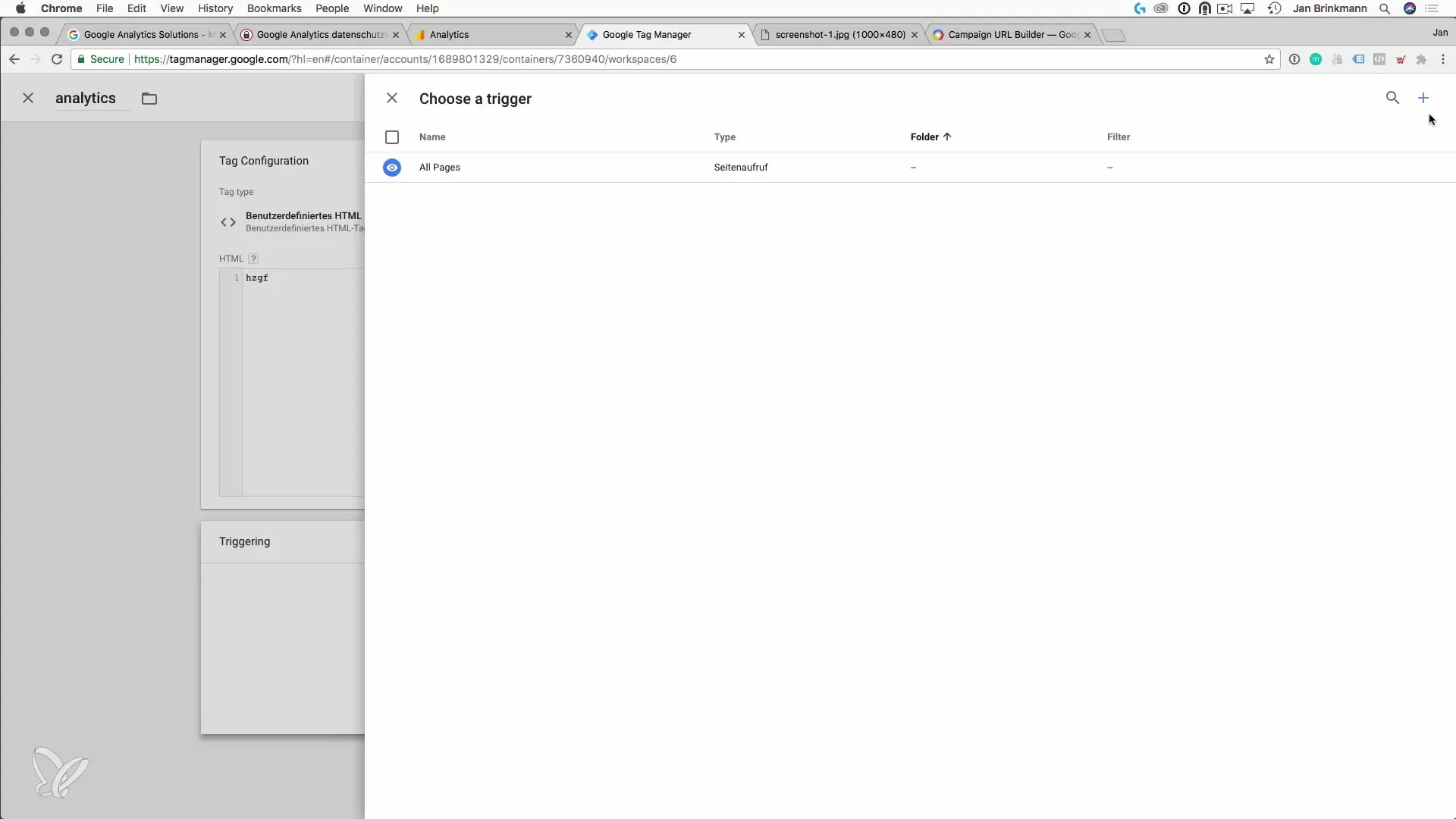
9. Publish Configuration
Once all changes have been made, you should publish the new settings. This ensures that they are activated immediately and that the new tracking policies are valid.
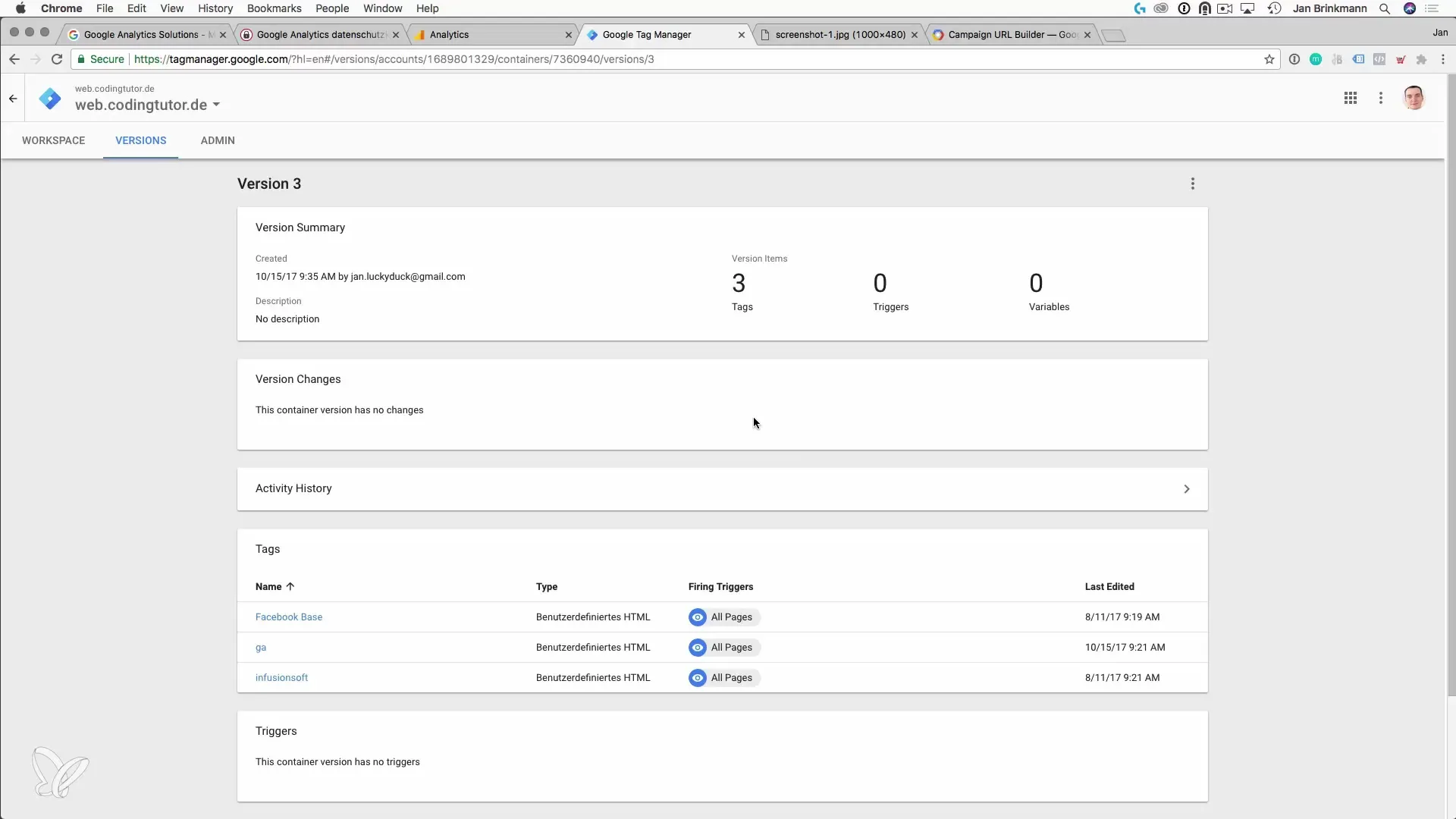
10. Use the URL Builder
Another helpful tool is the Campaign URL Builder. This tool allows you to easily track which campaigns your visitors are coming from and use this data to further optimize your marketing strategies.
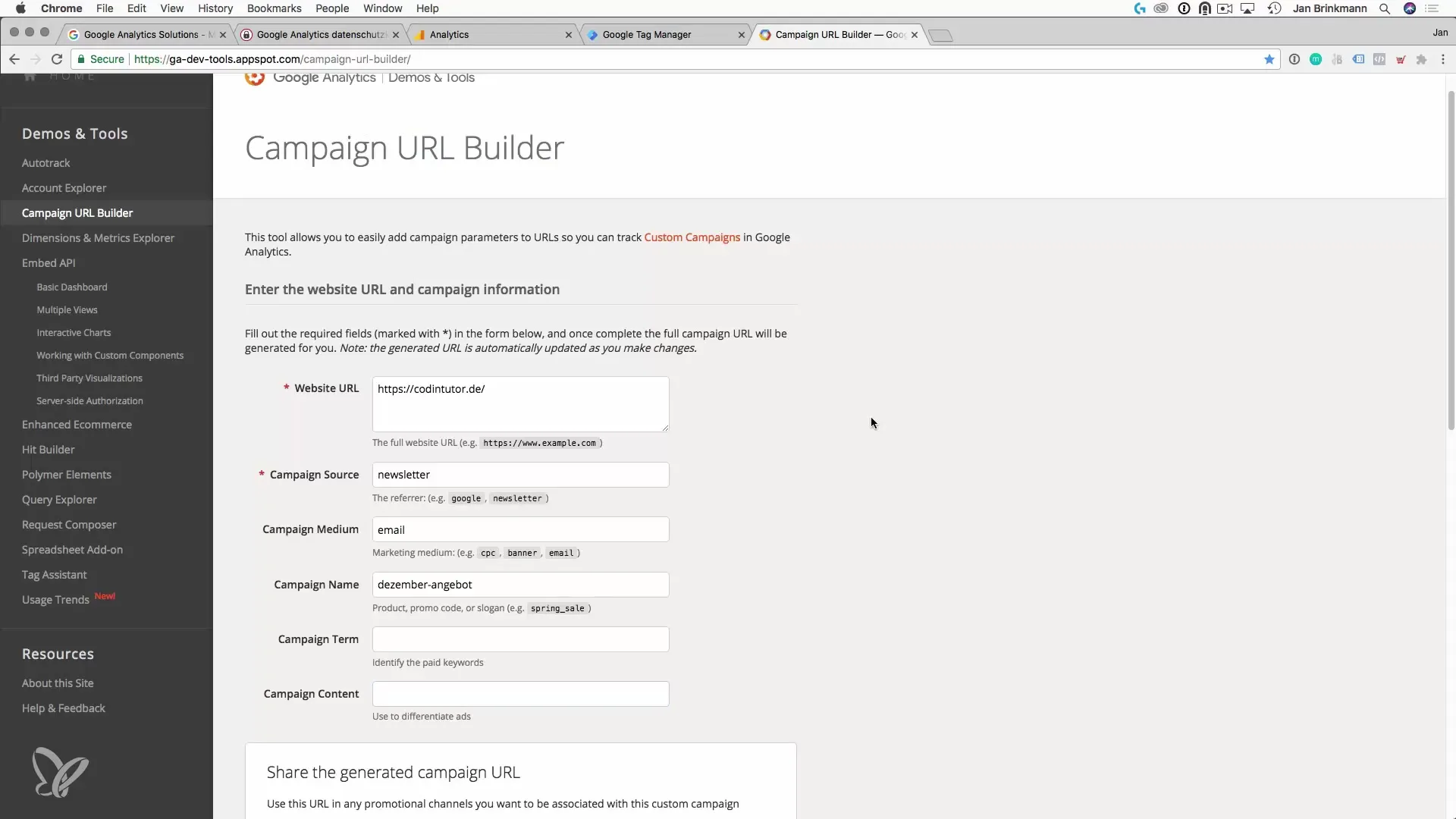
Summary – Optimize Customer Acquisition through Data Protection Compliance in Analytics
As an online entrepreneur, it is important to observe data protection regulations, especially when it comes to tools like Google Analytics. By following these steps, you can ensure that your website is compliant with data protection and at the same time gain valuable analytical data for your marketing strategy.
Frequently Asked Questions
What is the Google Tag Manager?The Google Tag Manager is a tool that allows you to centrally manage various tracking scripts and easily integrate them on the website.
How do I anonymize IP addresses in Google Analytics?You can activate the anonymization of IP addresses in the configuration of the Google Analytics tracking code by adding the parameter "anonymizeIp".
Why do I need a Data Processing Agreement?This agreement is necessary to ensure that your data is processed in accordance with data protection regulations.
Do I have to include a privacy notice on my website?Yes, a privacy notice is legally required to inform users about the processing of their data.
How can I ensure that my tracking codes are compliant with data protection?By activating all necessary features like IP anonymization and adhering to data processing policies, you can ensure compliance with data protection regulations.


